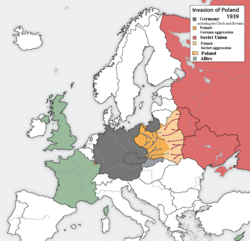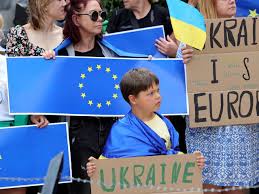
Introduction
The relationship between Germany and Poland has undergone significant changes over the decades, impacted by historical events, economic ties, and evolving political landscapes. As Germany stands as Europe’s largest economy and Poland as a rapidly growing one, their relationship is pivotal not just for the two nations but for the entire European Union.
Historical Context
Historically, the relationship has been marred by events such as World War II, during which Poland suffered greatly due to German invasion and occupation. However, since the fall of the Iron Curtain in 1989, both nations have worked towards reconciliation and building a collaborative framework.
Economic Cooperation
In recent years, Germany has emerged as Poland’s most significant trading partner, with bilateral trade reaching approximately €120 billion in 2022. German investments in Poland have created thousands of jobs, and Polish exports have boosted Germany’s economy. This symbiosis has resulted in deeper economic ties, with both countries benefiting from mutual trade agreements.
Political Developments
Politically, the relationship has faced challenges, especially with differing views on climate policy and migration. However, both governments have engaged in dialogues to navigate these complex issues. In 2023, Polish Prime Minister Mateusz Morawiecki and German Chancellor Olaf Scholz met to address shared concerns about energy security and regional stability, further solidifying their alliance.
Cultural Interactions
Culturally, the two nations share a rich tapestry woven through centuries of interactions. Initiatives promoting German language instruction in Poland and vice versa highlight the strong cultural ties that continue to flourish. Events focusing on shared history, such as exhibitions and film festivals, foster mutual understanding and appreciation.
Conclusion
The relationship between Germany and Poland stands at a crucial juncture as both countries navigate through present challenges and future opportunities. With looming issues such as climate change, energy resources, and socio-political dynamics within the EU, their partnership will be essential. It is likely that as they continue to collaborate, they will play a pivotal role in shaping the future of Europe, influencing policies, and fostering economic growth that benefits both nations and their European counterparts.
You may also like


Understanding Germany: A Hub of Innovation and Culture
